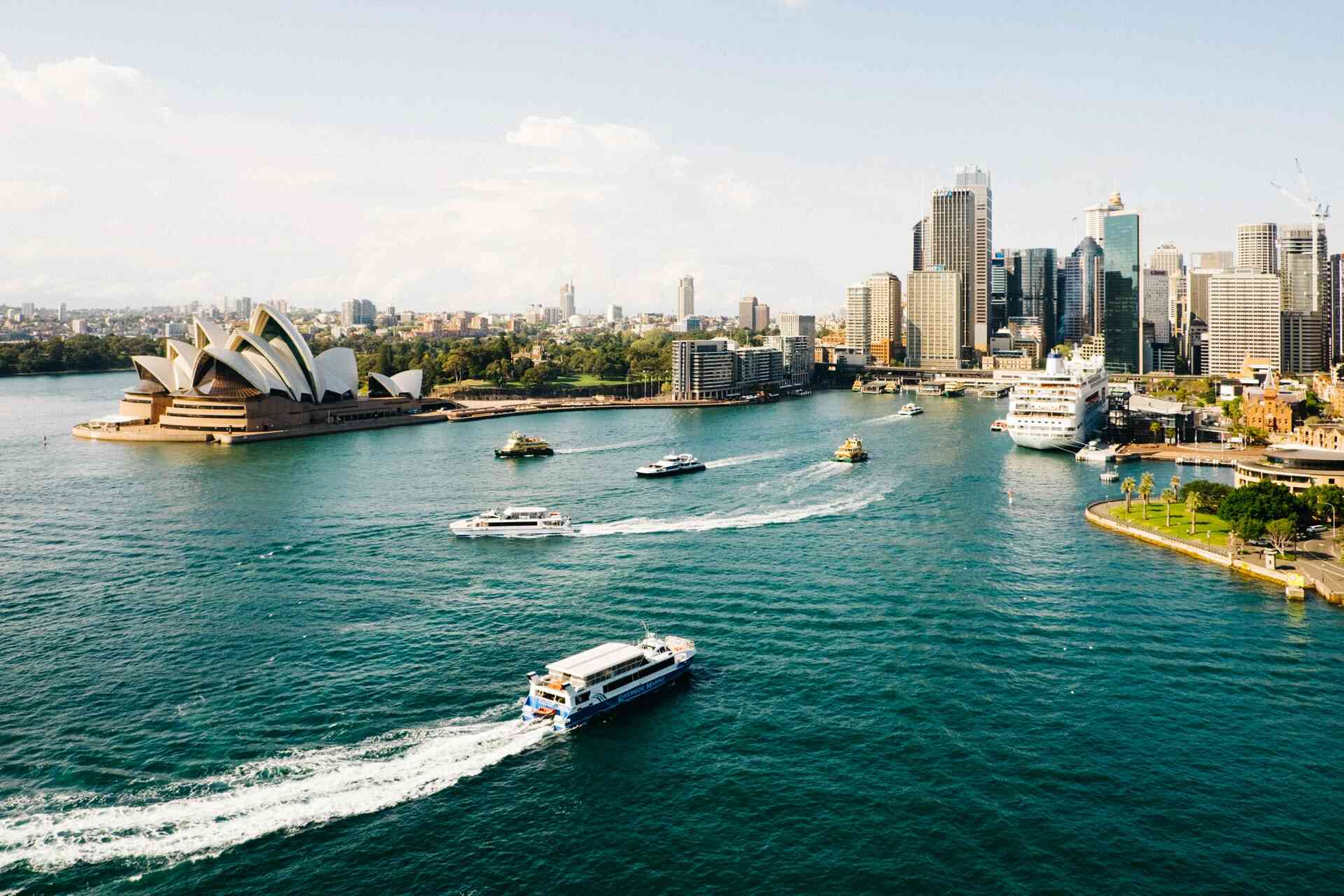Flights between the Australian state of New South Wales and New Zealand will stop for 48 hours, starting at 11:59pm tonight.
The travel pause comes as Australian health authorities search for the ‘missing link‘ between a returned traveller from the U.S. and a man recently diagnosed with Covid-19 in the community. The Australian government announced earlier today that the wife of the man who was diagnosed yesterday has also tested positive.
The SMC asked experts to comment on the news.
Professor Michael Plank, Te Pūnaha Matatini and University of Canterbury, comments:
“The decision to pause travel from New South Wales is in line with the system the government laid out for managing the travel bubble. Although the recent case in Sydney has a genomic link to a border case, the lack of an epidemiological link means there could be a lot more cases yet to be found. The positive result from sewage testing and the fact that the case has visited a lot of locations around the city are also warning signs that there is the potential for a significant outbreak.
“In this situation, it is a good decision to pause travel for a short period until we can be confident the outbreak is contained. New South Wales has really good testing and contact tracing systems, so it’s likely we’ll know one way or the other in the next couple of days.”
Conflict of interest statement: “I am partly funded by MBIE for research on mathematical modelling of COVID-19.”
Our colleagues at the Australian SMC have also collected expert comments provided earlier today in response to the community case. Additional comments here.
Dr Taghrid Istivan, Associate Professor of Microbiology, RMIT University, comments:
“The new ‘mystery’ case in NSW is a worrying one, as no links to overseas travel, hotel quarantine, and to health services could be found. However, this is a clear indication that one or more other undetected cases may exist in the community, possibly by an asymptomatic carrier, who is shedding the virus.
“Is there a need for a snap lockdown? I do not think so, but extra infection control measures are required. This may include making wearing face masks mandatory in public places, and restrictions on crowd size in certain venues, including visitors to hospitals and aged care facilities.
“Without these additional control measures and with the low vaccination rate in the community, and the reluctance of the general public to get the AstraZeneca vaccine when it is offered to the over 50s now, there is a great risk of the spread of COVID 19 infections to the vulnerable in the community.”
Dr Istivan has not declared any conflicts of interest.
Cassandra Berry, Professor of Immunology, Murdoch University, comments:
“I believe that the man in his 50s has been tested positive for high levels of COVID-19 virus. The virus genome has been matched to a traveller returning from the US, who was moved from hotel quarantine to Sydney Health Accommodation.
“There lies a risk in the transportation of COVID-positive patients.
“There is a high probability that he has been shedding the virus in the community. There will likely be more cases besides his wife.
“Confusion often lies around the meaning of ‘airborne’ when virus transmission is mentioned.
“During the early days of SARS-CoV2 infection, the virus infects the upper respiratory tract and saliva. Here the virus can be airborne and transmitted by aerosols, quite simply by talking/ singing/ kissing or sharing drink bottles and utensils. Later during the course of infection, the virus can move down to the lower respiratory tract. Now, the mode of transmission is more likely by droplets.
“It is ideal with any community spread that social distancing, mask wearing, QR code scanning and hand hygiene is maintained. COVID testing should be increased. Common sense would be to get tested and self-isolate if you have attended any of the listed exposure sites.”
Professor Berry has not declared any conflicts of interest.
